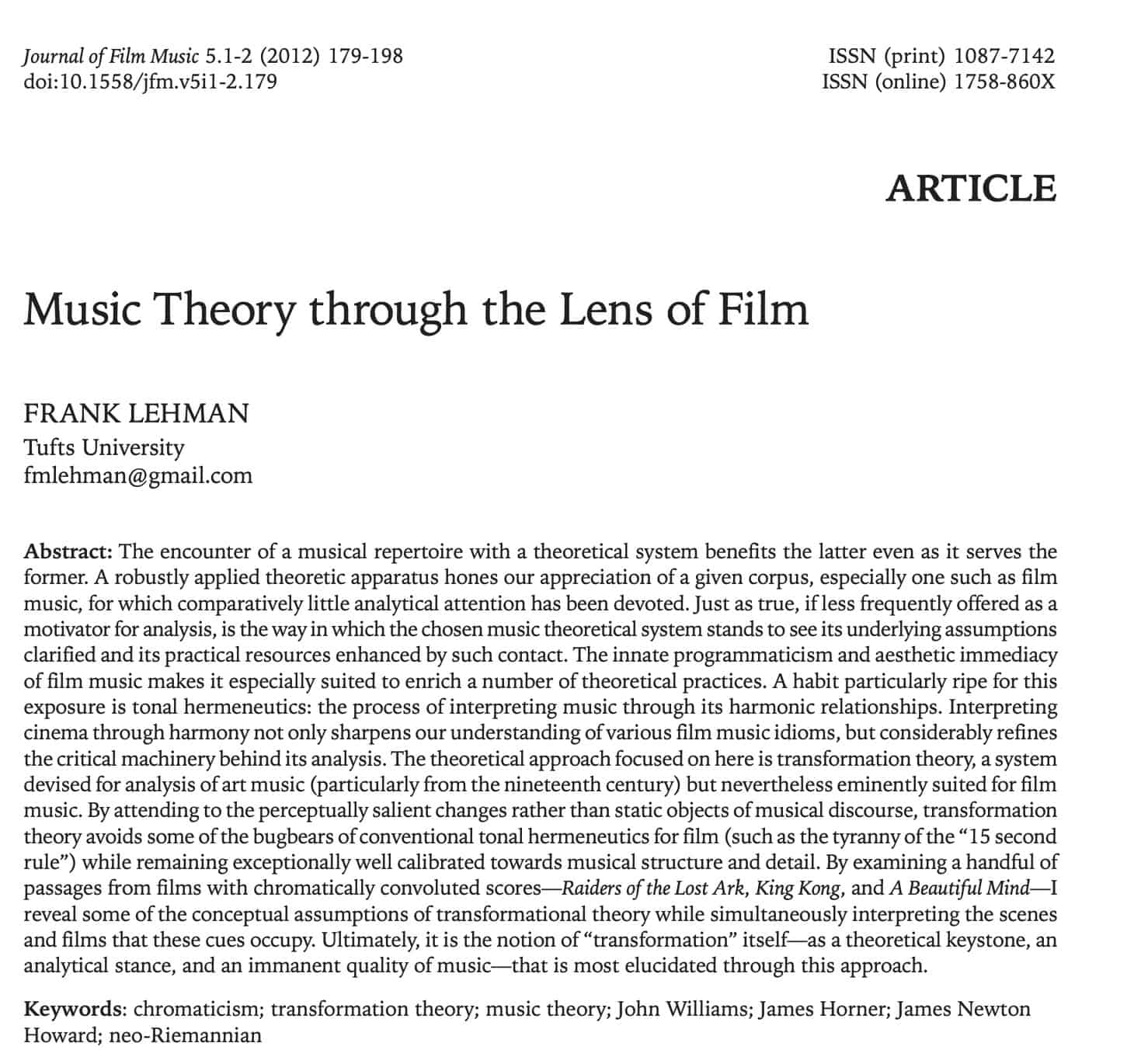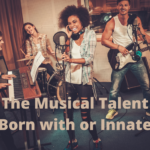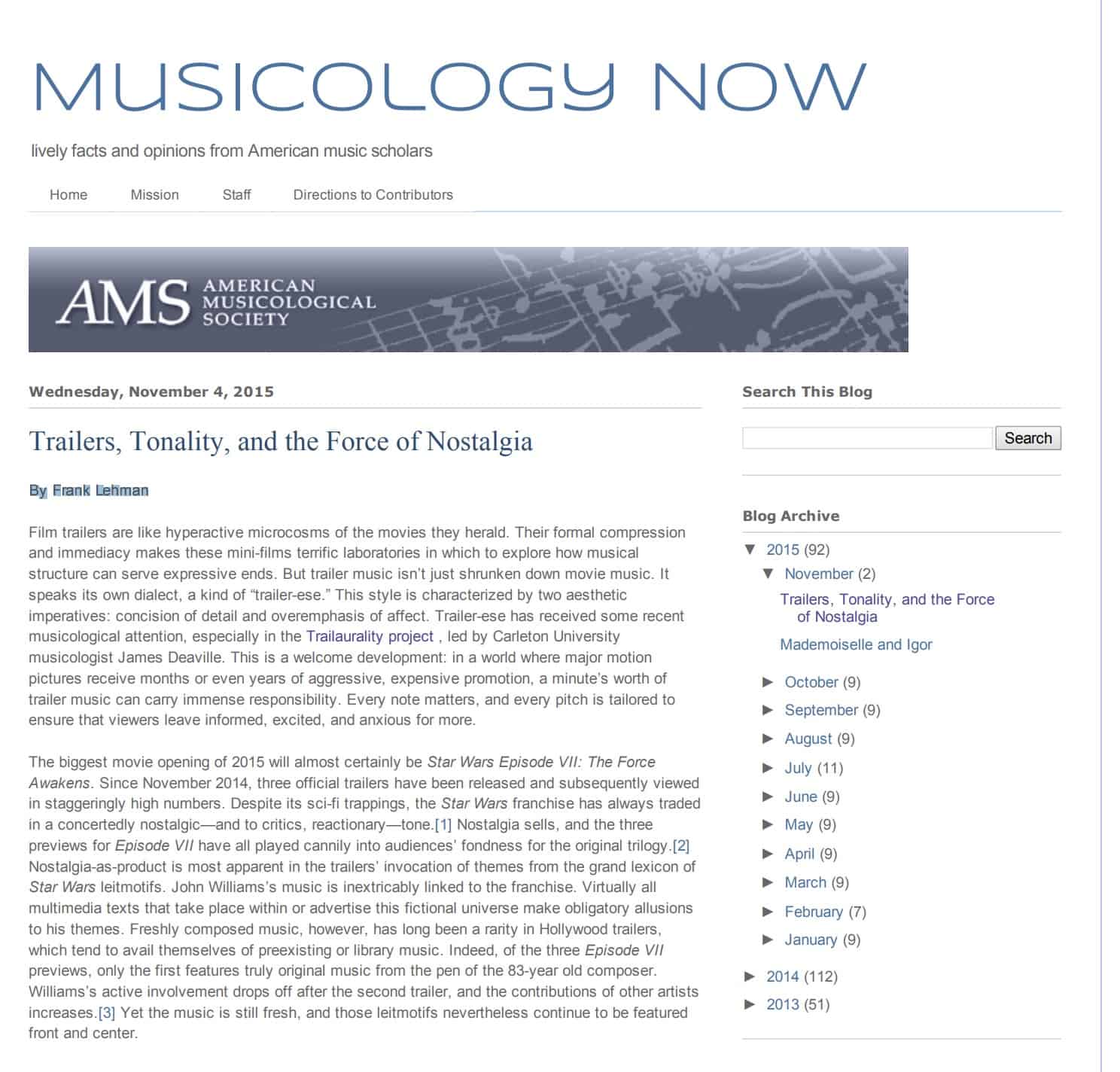Composing
Film-as-Concert Music and the Formal Implications of ‘Cinematic Listening’ by Frank Lehman

Film-as-Concert Music and the Formal Implications of ‘Cinematic Listening’ by Frank Lehman
Hearing the Inaudible
What does it mean for film music – subordinated, contingent, ‘unheard’ – to be plucked from its intended context and placed at the forefront of the listener’s attention? The tradition of excerpting and arranging movie scores for the concert hall poses this question sharply. While scholarship on ‘cinematic listening’ has picked up in recent years, the specifically music-theoretical issues raised by this repertoire have been largely unaddressed.

In this article, Frank Lehman argues that film-as-concert music presents hearing ‘cinematically’ as a valid alternative to structural modes of listening, a form of hearing that subverts both naive formalism and reflexive anti-formalism. Following a discussion of theoretical and interpretative priorities for analyzing film-as-concert music, Frank begins an investigation of a subset of the film-as-concert corpus: stand-alone scherzi originating from action set pieces.
More than any other type of underscore, action cues answer to dramatic, editorial, and visual imperatives rather than to ‘absolute’ logic. His core data emerges from a detailed study of John Williams’s film and concert scherzi, with short analyses of cues/pieces from E.T., the Indiana Jones movies, and Star Wars. Frank Lehman’s approach emphasizes the way in which formal alterations bring about drastically different ways of hearing the work tonally and expressively across multiple versions. A larger-scale case study of ‘The Asteroid Field’ from The Empire Strikes Back serves to demonstrate the tonal, sectional, and narrative transformations that occur between the movie theatre and concert hall. To conclude, Frank proposes that the film-as-concert mindset can be transferred to filmgoing itself, as a new mode of cinematic listening.
AI Generator
The AI Impact on Artists: Navigating a New Era of Music Creation

The emergence of music produced by artificial intelligence marks a novel paradigm for musicians, in which their vocal contributions can be duplicated without their permission or participation, compelling them to navigate a swiftly evolving landscape. This section delves into the responses of artists to this modern phase of musical production and its implications for their careers.
Financial Implications: Balancing Costs and Royalties
The financial impact of AI-generated music on artists is still unclear. On the one hand, AI-generated content can potentially reduce costs associated with creating and producing music. However, there are concerns that as the technology improves, it may become easier for companies to generate songs without paying royalties or providing credit to creators.
Emotional Responses: Authenticity and Creativity
Many artists struggle with the idea that their voices can be replicated without input. Some musicians see AI-generated music as a threat to human creativity and fear that it will take away from the authenticity of the craft. Others view it as a tool that can enhance creativity and unlock new possibilities in music.

For example, Taryn Southern embraced AI technology by using Amper Music’s AI platform to create her album “I AM AI,” which features songs entirely created by artificial intelligence. In contrast, Grimes faced backlash after promoting her digital art series featuring NFTs and allowing her voice to be used in an advertisement for an AI-created song by Endel, with fans criticizing her for promoting technology they viewed as threatening the authenticity of human expression.
The Future of Artists: Job Security and Adaptation
The emotional impact on artists also extends beyond concerns about authenticity; some worry about being replaced entirely by machines in the future job market. As more companies turn towards using artificial intelligence to create content at lower costs than hiring humans who need to be paid, it raises questions about the future of artists in the music industry.
The impact of AI-generated music on artists is complex and multifaceted. While some embrace the technology as a new tool for creativity, others fear it as a threat to human ingenuity. The financial implications are still unclear, and many artists are left wondering about their future place in the music industry. As we move into this new era of AI-generated music, it will be interesting to see how artists react and adapt.
Education and Skill Development for Artists in the AI Era
As AI-generated music becomes more widespread, artists must adapt to the evolving landscape by developing a deeper understanding of the technology and its capabilities. This shift may require learning new skills, such as programming or working with AI software, to stay competitive in the industry.

Adapting Music Education
Traditional music education may need to expand its curriculum to include courses on artificial intelligence, machine learning, and related technologies. This would provide students with the necessary knowledge to harness the power of AI in their creative processes while also preparing them for a rapidly changing industry.
Developing New Skill Sets
In addition to learning about AI, artists may need to acquire skills in programming languages, data analysis, and algorithm design. By understanding the technical aspects of AI-generated music, artists can better utilize these tools in their work and even develop custom algorithms tailored to their specific needs and style.
AI and Music Accessibility: Democratizing Music Creation
AI-generated music has the potential to democratize music creation and make it more accessible to individuals who may not have the traditional skills or resources required to compose or produce music.
Leveling the Playing Field for Aspiring Musicians
By lowering the barrier to entry, AI-generated music can empower aspiring musicians who may lack formal training or access to expensive instruments and recording equipment. This democratization of music creation could lead to a more diverse range of voices and styles, enriching the industry as a whole.

Empowering Individuals with Disabilities
AI-generated music also has the potential to provide opportunities for individuals with disabilities to express themselves through music. For example, those with limited mobility could use AI algorithms to create music by inputting simple commands or using adaptive technology. This could open up new avenues for self-expression and creativity, allowing those who may have been excluded from traditional music-making to participate and contribute their unique perspectives.
Conclusion
In conclusion, the rise of AI-generated music presents both challenges and opportunities for artists and the broader music industry. By adapting to education and developing new skills, artists can stay competitive in this evolving landscape.
Furthermore, AI-generated music has the potential to democratize music creation and provide new opportunities for a diverse range of individuals, including those with disabilities. Embracing the benefits of AI-generated music while addressing its challenges thoughtfully can lead to a more inclusive and innovative music industry.
While AI-generated music may provide exciting opportunities for innovation within the industry, it also presents new challenges for creators and performers alike. It is important that we consider and address these challenges thoughtfully in order to ensure that our use of technology continues to enhance rather than diminish the art form itself.
AI Generator
Ownership Battle in the Age of AI-Generated Music

The rise of artificial intelligence in the realm of music production has marked the beginning of an innovative era. Nonetheless, it also initiates a conflict over ownership rights. With AI-generated music becoming more prevalent, issues surrounding the ownership of these works come to the fore.
This article delves into the legal battles and ethical debates surrounding AI-generated music ownership.
Defining Ownership in AI-Generated Music
In a traditional sense, determining the owner of the copyrighted material is straightforward. However, with AI-generated content, the situation becomes more complex.

Is the creator of the algorithm that generated the music the owner? Is it the person who trained the algorithm? Is it possible to claim ownership over something not directly created by human hands?
Grimes’s Controversial Tweet: A Case Study
Grimes’s tweet about allowing her voice to be used in AI-generated music exemplifies this issue. She said she would sell her digital soul for $10 million, granting an AI company permission to use her voice as they wished. The tweet sparked controversy, with some seeing it as selling out and others viewing it as a clever move.
Legal Battles and Intellectual Property
Ownership rights of AI-generated music are just starting to be tested in courts. In 2018, Sony won a landmark case against musician Kevin Parks Jr., who claimed he had created songs using Sony’s software without permission or compensation. The court ruled in favor of Sony since their software was used in creating Parks’ songs.
This ruling raises questions about whether algorithms can be considered intellectual property or merely tools used by creators. If algorithms are deemed intellectual property, there may be issues surrounding their licensing for commercial use.
Record Labels and the Changing Dynamics
As record labels adapt to the rise of AI-generated content, they, too, must confront ownership rights issues. Record labels have historically owned much of the copyright associated with artists’ work; however, this dynamic may change as more artists turn to AI-generated music.
If an artist uses an AI program to create a piece of music, who owns the rights to that work? Is it the artist or the creator of the algorithm that generated it?
Implications for Streaming Platforms
The rise of AI-generated music also impacts streaming platforms like Spotify and Apple Music. These platforms have already faced criticism for their low royalty payouts to artists, and if AI-generated content becomes more prevalent, this issue may only worsen.
Additionally, as record labels lose some control over ownership rights, they may push for higher payouts from these streaming services.
Public Domain and AI-Generated Music
The implications of AI-generated music on the public domain are worth considering. AI algorithms often use existing music data to create new compositions, raising questions about whether AI-generated music should be considered part of the public domain or if new legal frameworks are needed to protect both original creators and AI developers.
When an AI algorithm generates music based on existing works, it can be difficult to determine if the resulting composition is a derivative work or an entirely new creation. If AI-generated music is considered part of the public domain, it may limit the rights of original creators whose work was used as input. On the other hand, if AI-generated music is granted copyright protection, it could potentially stifle creativity and limit access to cultural works.
Moral Rights and AI-Generated Music
The concept of moral rights is particularly relevant in the context of AI-generated music. Moral rights protect an artist’s right to be recognized as the creator of their work and to preserve the integrity of their creations. It is important to discuss how moral rights might apply to AI-generated music and the potential challenges that may arise.
In the case of AI-generated music, it can be difficult to determine who should be recognized as the creator: the original artist whose work was used as input, the developer of the AI algorithm, or both. Additionally, AI-generated music may inadvertently modify or distort the original work, potentially violating the moral rights of the original creator.
AI-Generated Music and Fair Use
The concept of fair use plays a significant role in the context of AI-generated music. Fair use is a legal doctrine that allows for the limited use of copyrighted material without requiring permission from the rights holder. It is important to discuss whether AI-generated music, which often relies on existing music data, can be considered fair use and the potential legal implications that may arise.
When AI algorithms use existing music as input, they may be seen as transformative, creating new works based on the original material. However, the extent to which AI-generated music can be considered fair use is not yet clearly defined in the law, and it may vary depending on the degree of transformation and the potential market impact on the original work.
In conclusion, addressing the additional topics of public domain, moral rights, and fair use in AI-generated music contributes to a more comprehensive understanding of the various legal and ethical issues surrounding this emerging technology. As AI-generated music becomes more prevalent, it is crucial for legal frameworks and industry practices to adapt in order to balance the rights of creators, AI developers, and the public interest.
The Future of Ownership Rights
In conclusion, ownership rights in the era of AI-generated music are uncertain at best. As more legal battles arise and ethical debates continue, it is clear that traditional copyright laws will need to adapt to keep up with technological advancements.
The struggle for ownership is just beginning, but it will undoubtedly shape the future of the music industry for years to come.
AI Generator
The Future of Record Labels in the AI Era

New technologies have profoundly transformed the music industry, with artificial intelligence (AI) becoming an increasingly essential component in the creation of music.
This shift has led to a reevaluation of record labels’ role in the music business.
Adapting to a Changing Landscape
With AI-generated content becoming more prevalent, record labels must adapt quickly to stay relevant and competitive. They can no longer rely solely on traditional methods of discovering and promoting artists and must embrace new technologies like AI.
Discovering Talent through AI
One way record labels are adapting is by using AI-generated content to discover new talent. By analyzing data from streaming platforms such as Spotify and Apple Music, record labels can identify emerging artists whose music resonates with audiences, enabling them to invest resources into developing these artists’ careers.
Challenges in Ownership Rights and AI-Generated Content
Embracing AI brings its own set of challenges for record labels, such as determining ownership rights for AI-generated content. With traditional music creation methods, establishing copyright ownership is relatively straightforward.

However, with AI-generated music created by algorithms and machines instead of humans, determining ownership is more complex. Is it the person who programmed the algorithm? The company that owns the software? Or the artist who provided the initial input for the algorithm to create the music?
These complex legal questions have yet to be fully resolved and represent just one of the many challenges record labels face in this new era.
Working with Streaming Platforms
Another challenge is collaborating with streaming platforms in a world where AI-generated content is becoming more prevalent. These platforms must find ways to integrate this new type of content without alienating their traditional partners: record labels.
Harnessing AI for Marketing and Promotion
As record labels adapt to the rise of AI in the music industry, they can also leverage this technology to improve their marketing and promotion strategies. AI offers new ways to analyze audience preferences, demographics, and engagement, which can significantly enhance the effectiveness of marketing campaigns.
AI-Powered Audience Analysis
By employing AI-powered tools, record labels can gain valuable insights into their target audiences’ listening habits and preferences. This information can help them identify trends, tailor their promotional efforts to suit specific audience segments, and ultimately achieve better audience engagement and sales results.

Targeted Advertising and Promotion
AI technology can also play a crucial role in refining advertising strategies. Through AI-powered algorithms, record labels can target their advertisements more effectively, ensuring that promotional content reaches the right people at the right time. By understanding user behavior and preferences, AI can help record labels optimize their ad placements, maximizing the return on investment (ROI) for their marketing budgets.
Personalized Marketing Campaigns
Another potential application of AI in marketing and promotion is the creation of personalized marketing campaigns. By analyzing user data, AI algorithms can generate tailored promotional content for individual listeners, making marketing messages more relevant and engaging. This personalized approach can lead to higher conversion rates and stronger customer relationships.
Navigating the AI Era
In conclusion, AI is already significantly impacting the music industry. It presents exciting opportunities for artists and producers and raises important ethical and legal questions. Record labels must adapt quickly to remain relevant in this new era of music creation while carefully navigating the uncharted waters filled with new technologies and unexpected challenges.
By incorporating AI technology into their marketing and promotion strategies, record labels can better understand their audiences, optimize their advertising efforts, and create more engaging and personalized marketing campaigns. As the music industry continues to evolve in response to new technologies, embracing AI’s potential in marketing and promotion is another way for record labels to remain competitive and adapt to the rapidly changing landscape.
-
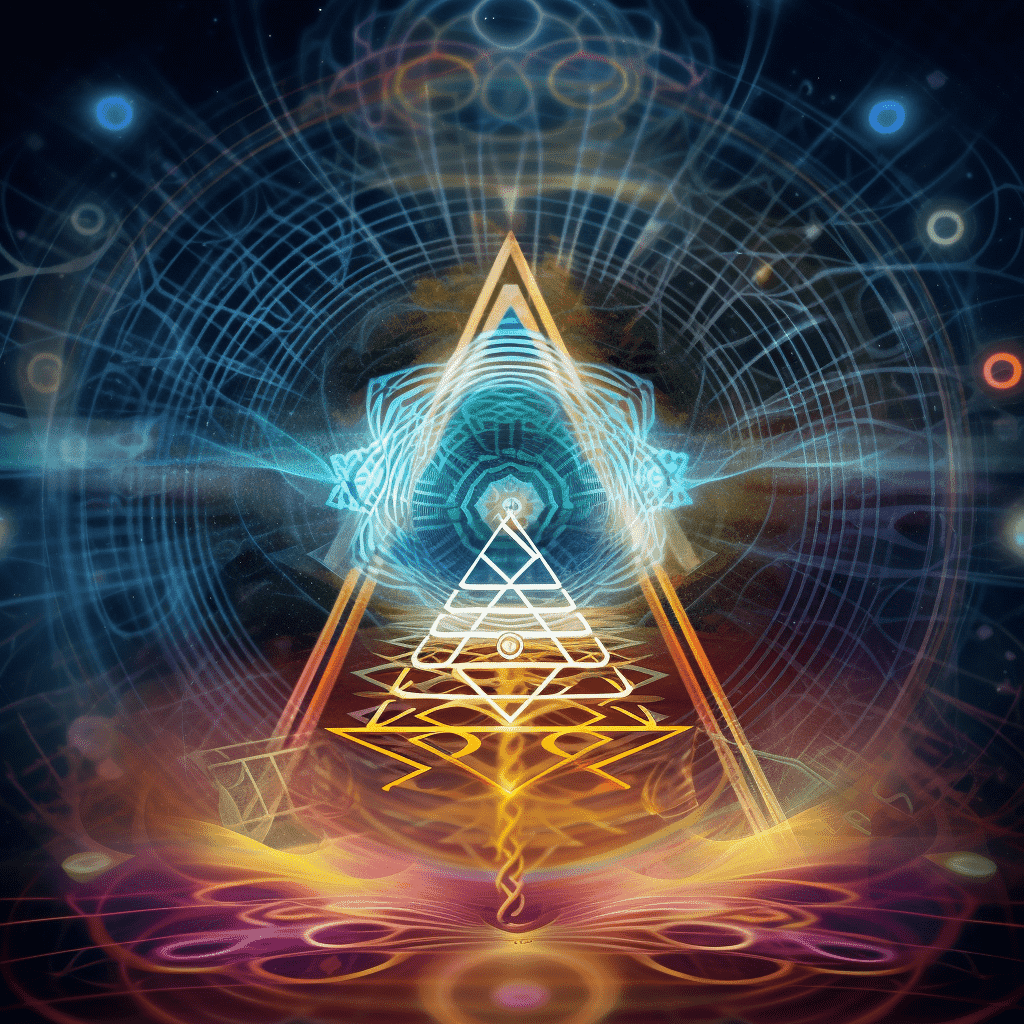
 Music Theory1 day ago
Music Theory1 day agoUnlocking Nature’s Harmony: The Power of 432 Hz Frequency in Sound & Music for Enhanced Living and Well-Being
-
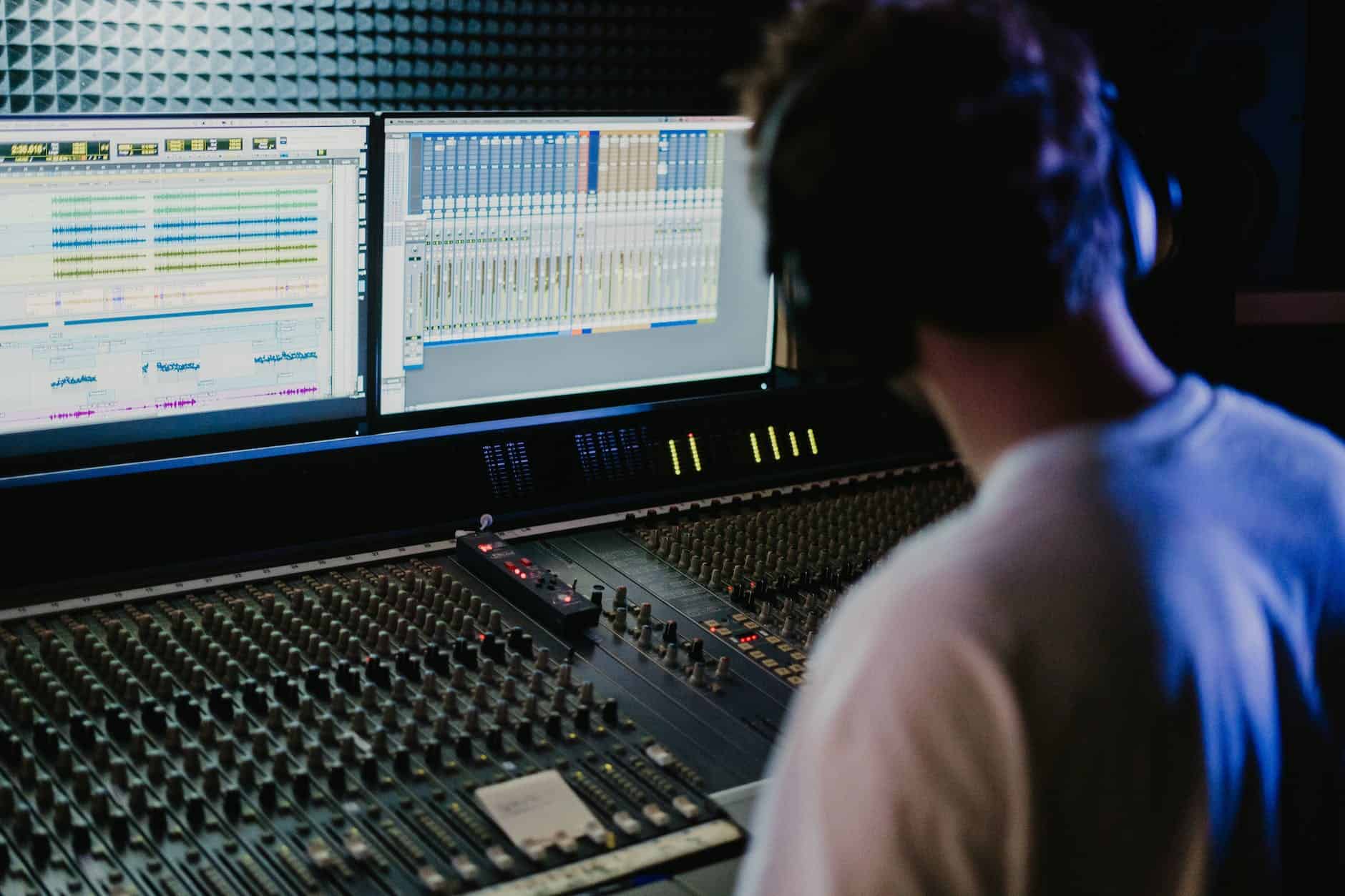
 Sound Design5 days ago
Sound Design5 days agoWhat Is the Difference Between a Sound Engineer and A Sound Designer?
-

 Native Instruments Kontakt1 day ago
Native Instruments Kontakt1 day agoVOCAL AI – Animated Intelligence: The Ultimate Vocal Playground
-
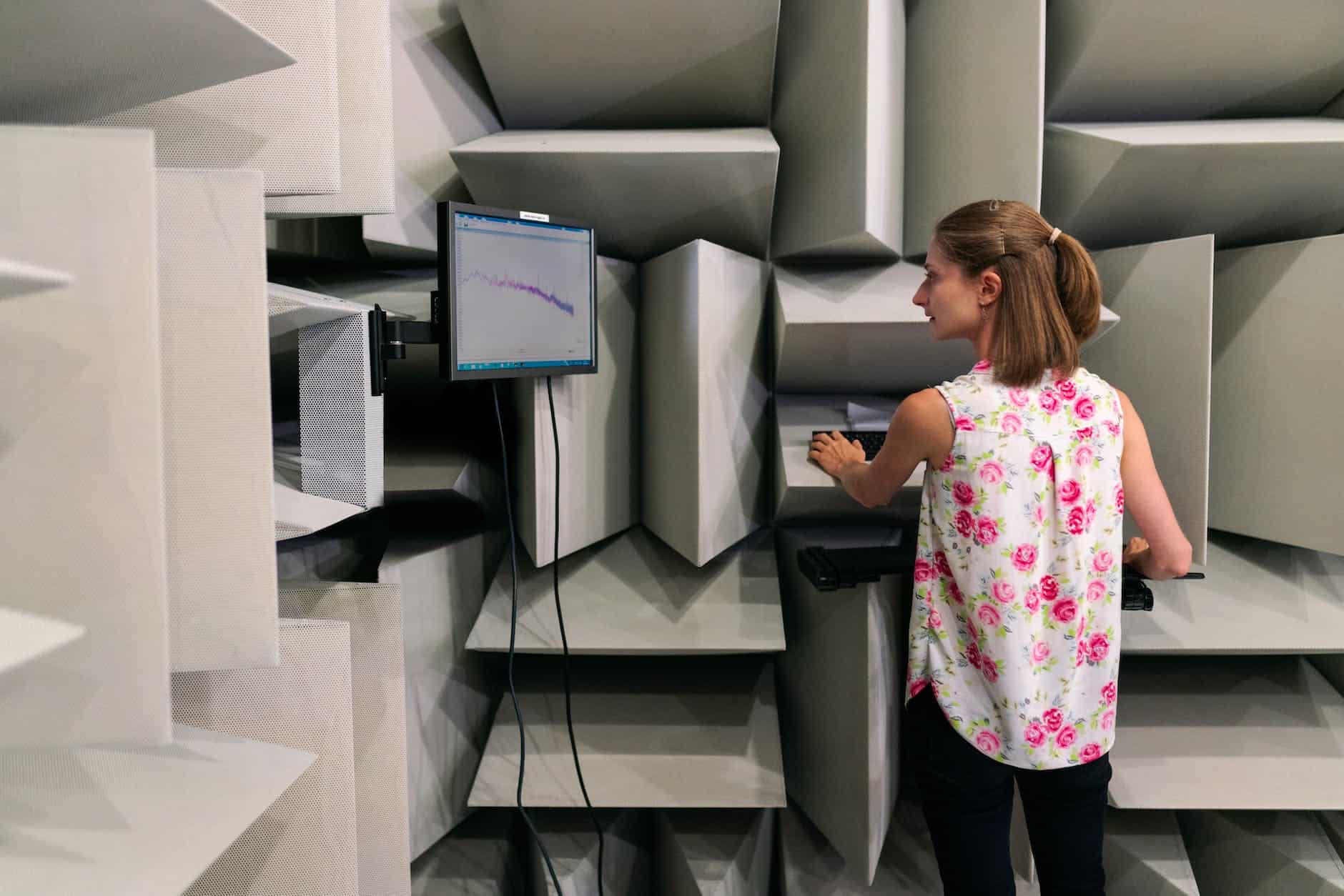
 Sound Design5 days ago
Sound Design5 days agoWhy Sound Engineer
-

 Expert Guides3 months ago
Expert Guides3 months agoOptimize Your Space with Room Acoustic Treatment
-

 Vetted3 months ago
Vetted3 months ago11 Best Gore Websites to Explore the Darker Side of the Internet
-

 AI Generator3 months ago
AI Generator3 months agoCan Film Cameras Use Any Film?
-

 Expert Guides3 months ago
Expert Guides3 months agoAC Coupling: Enhance Your Solar Power System

